November 9, 2011
The Forum
The government of the People’s Republic of Bangladesh, supported by DARA, is convening a unique global conference of countries worst affected by the growing climate crisis. The ministerial-level meeting of the Climate Vulnerable Forum (CVF) will see high representatives from vulnerable countries of Africa, the Americas, Asia and the Pacific gather in the Bangladesh capital of Dhaka. Delegates are expected to issue a declaration firming united political calls from vulnerable countries for action by industrialized nations and urgent support to limit increasing loss of human life and other damages. They are also expected to affirm their own determination to pursue green development and to manifest moral leadership on low-carbon development.
Download the Climate Vulnerable Forum Briefing Notes
Read the press release
Impacts greater for developing countries
The harmful effects of climate change are already leading to large-scale loss of life, livelihood and damage to ecosystems around the world. While these effects are ultimately suffered by all, in the immediate they are disproportionately damaging for developing countries and proportionally most severe in vulnerable countries. Despite large gaps in adaptation finance and policies – especially for health, displacement/migration and extreme weather response – adaptation actions remain cost-effective for now. But an escalation of warming and its consequences are rapidly eroding the effectiveness of adaptation. As the earth warms towards 1.5 degrees Celsius and beyond, an increasing share of harm and damage will not be able to be prevented.
Need to restrain global warming below 1.5-2 degrees Celsius
Keeping global warming below 1.5 or even 2 degrees Celsius is outside the scope of current policies, with, in particular, nearly all commitments on emission reductions by the world’s largest economies, above all developed countries, still falling short of fair per capita emission levels by 2020. It is, however, entirely possible to restrain warming below 1.5 degrees. To do so necessitates a range of actions, which are now urgent and imperative, but feasible. In particular, developed countries must at minimum implement the highest conditional emission commitments, agree and apply strict rules and accounting, particularly for land-use change and forestry, and ensure regulation of so-called bunker fuel airline and shipping emissions.
Scaling-up of finance and support for vulnerable countries
Developed countries must also keep commitments on finance, including disbursal rates comparable to Official Development Assistance (ODA), and ensure a regular scaling-up towards the 100 billion dollars per year by 2020, since the additional emission reductions these will generate must play a role.
Vulnerable countries, for their part, require enhanced finance, technology and adaptation in order to pursue effective climate strategies, including mainstreaming climate change into core development planning, and to ensure enhanced participation in the Clean Development Mechanism (CDM), which will benefit the global carbon market. Support to developing countries for a more concerted parallel effort to reduce highly-hazardous poverty-linked non-CO2 gases, such as methane, black carbon and ozone, would further increase chances of meeting ambitious temperature objectives, all while producing important socio-economic and environmental dividends. Ensuring a robust short-term continuation of the Kyoto Protocol that avoids a legal vacuum, with agreement on a more comprehensive and long-term climate change instrument by 2015 at the latest, will also be essential for meeting the basic regulation and international market structure needs of the available policies so that they can deliver on objectives and sustain vital market confidence in green growth.
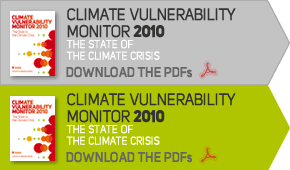
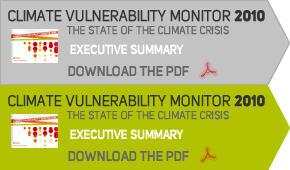



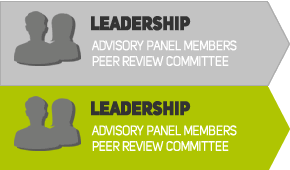
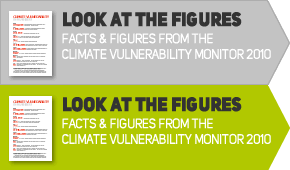
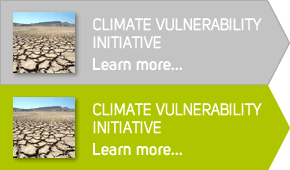

Share this